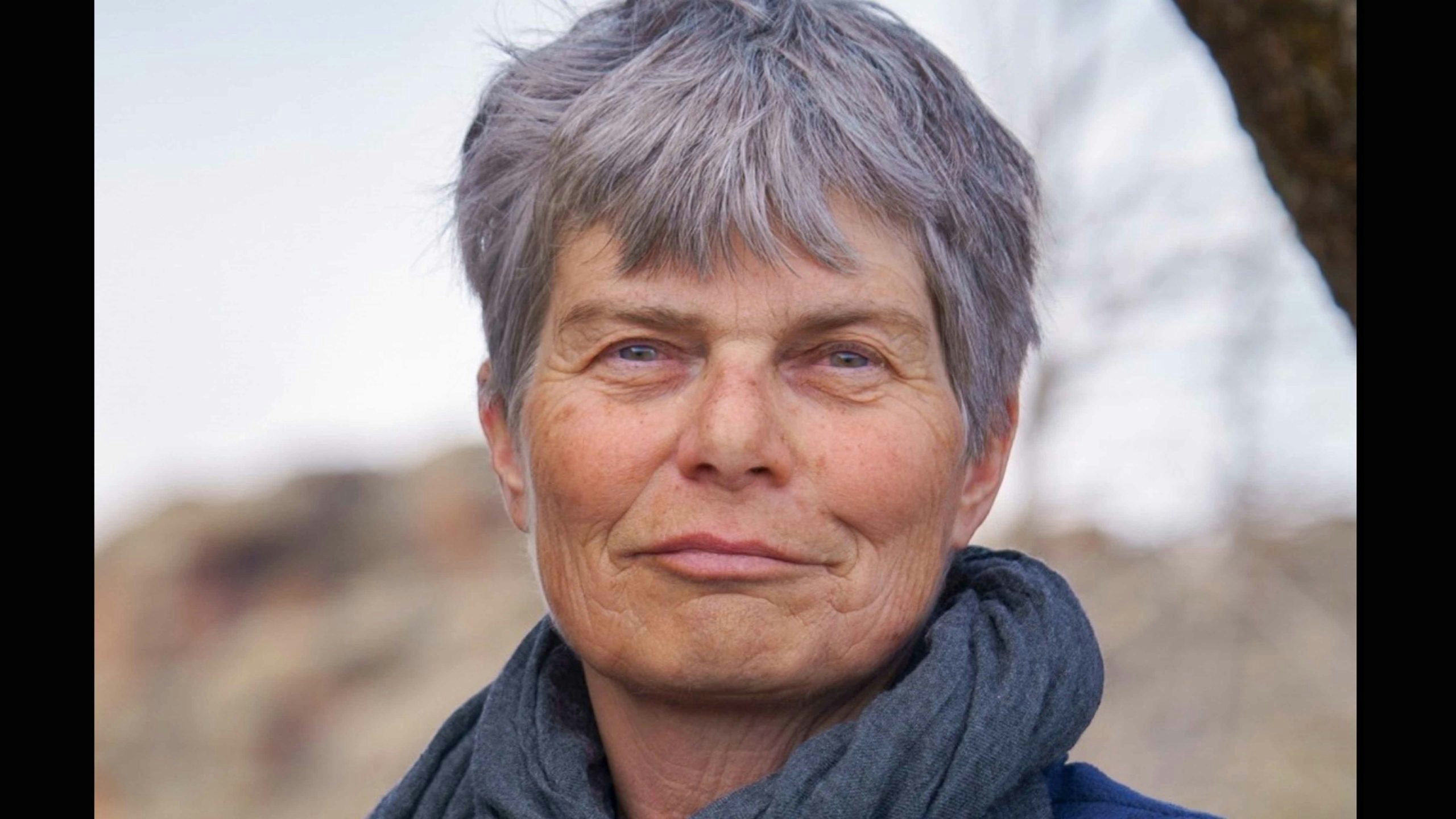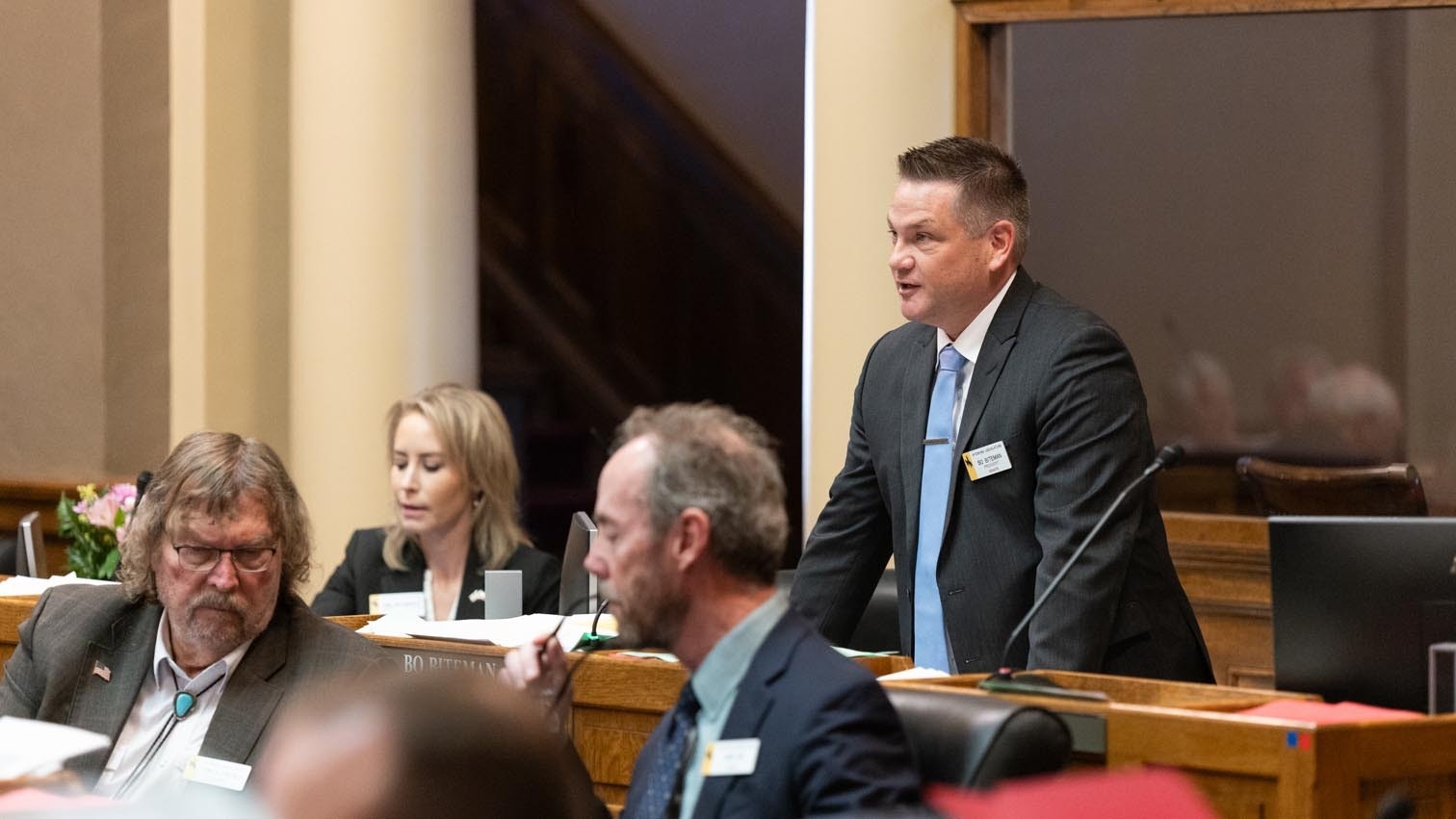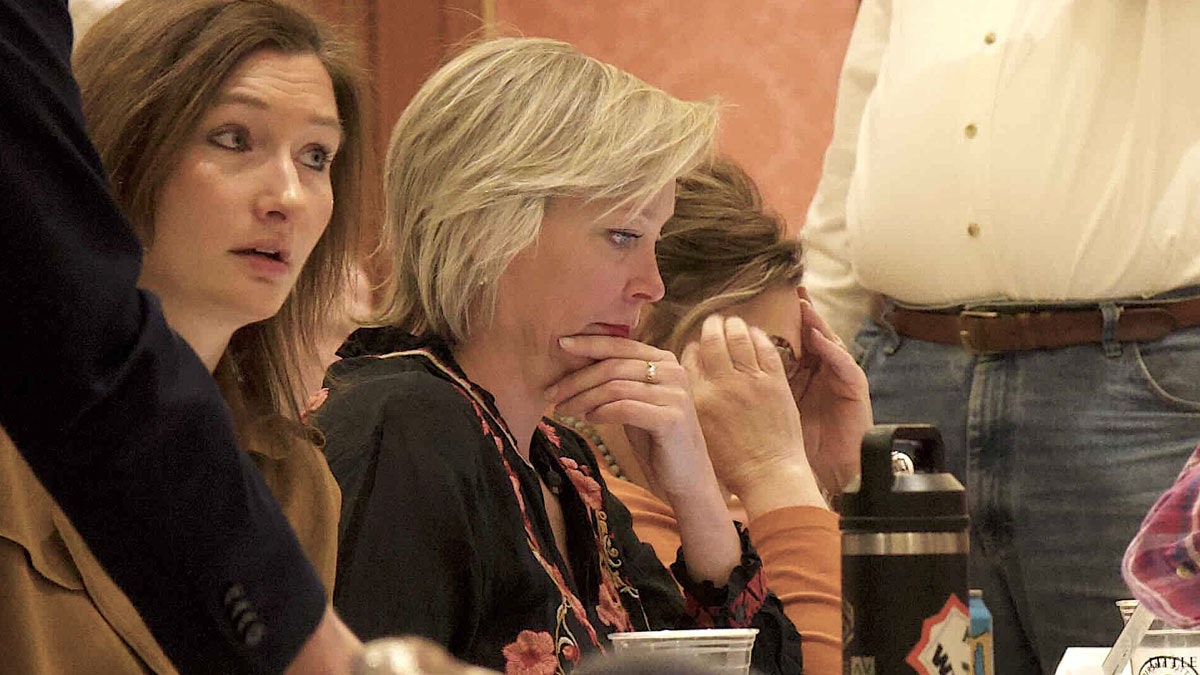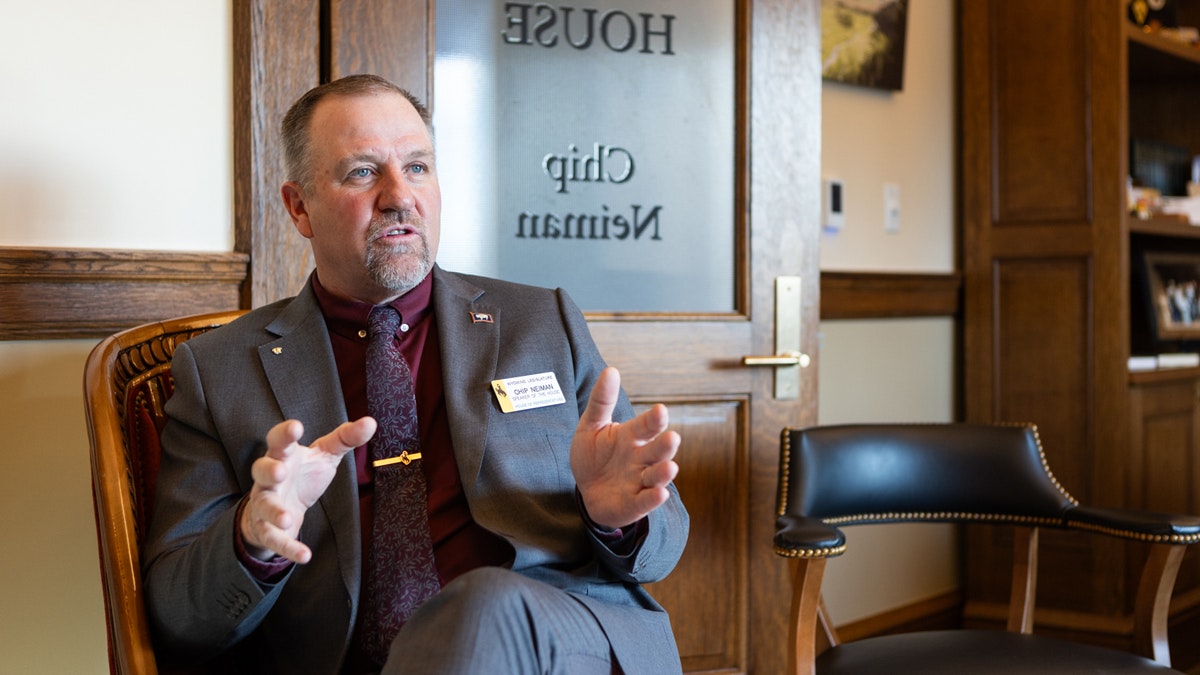Crossover voting, the practice of joining the opposing political party to influence the outcome of its primary election, is a practice a number of Democrat leaders in Wyoming say some of their colleagues are participating in.
But none of the Democrat leaders interviewed by Cowboy State Daily said they took part in the strategy which has been condemned by some in Wyoming’s Republican Party.
Wyoming Republicans have long complained that Democrats, facing their own limited primary field of candidates, often switch party affiliation on the day of a primary election to vote in the Republican primary.
Merav-Ben David, a former Congressional candidate and current candidate for the state House of Representatives, said nearly every Democrat she knows is planning to cross over this year, but said she would never do it herself.
Wyoming Democratic Party (WDP) Chairman Joe Barbuto said he has never participated in it either but thinks it’s important to continue to allow same-day voter registration, a portion of Wyoming’s election law that has been eyed for removal to prevent crossover voting.
Dean Ferguson, interim communications director for WDP, said he hasn’t seen a lot of Democrats crossing over, at least within the leadership ranks.
He said many Republicans have argued in the courts that not being able to close their primaries violates their freedom to identify as an association, which he finds fault with.
“If your primaries are a casting, because you’re a super majority and we’re a minority and suddenly the primaries get to decide who wins that statewide race, then I can’t think how an informed voter would really think too much about party later,” Ferguson said. “Democrats vote for Democrats for a reason.”
“Excitement“
Ferguson said the excitement of influencing a contested race may be too much for some Democrats to pass up this year, particularly when it comes to the high-stakes race for Congress between U.S. Rep. Liz Cheney and Harriet Hageman. He said he expects more of a Democrat voter presence in this race than past races.
Cheney has spoken out against former President Donald Trump and voted in favor of his impeachment on allegations he incited the Jan. 6, 2021, riot at the U.S. Capitol. She is also a member of the U.S. House committee investigating the riot.
As a result, Democrats are more interested in this GOP House primary race than usual, Ferguson said.
“They’re (Democrats) still looking at the stakes of Jan. 6,” Ferguson said.
But Crook County Democratic Party Chairman Randy Leinen describes the topic of crossover voting as a “non-issue.” He said the only crossover voters he knows changed parties so they could vote in a county-level race.
“I think we’re way too partisan. Open primaries eliminates that,” he said. “We’ve always say we vote for the individual versus the party. I’ve done that. I’d like to see more people do that. Open primaries and things like that are how you get there.”
The Wyoming Democratic Party passed a platform plank at its convention last weekend in Rock Springs supporting both open primaries and ranked choice voting.
Under open primaries, voters are not separated by party and vote for any candidate. Under ranked choice voting, voters from all parties rank candidates on the ballot by preference.
Apathy In GOP
State Sen. R.J. Kost (R-Powell) agreed with Leinen, describing the concerns about crossover voting as the result of “apathy” within the Republican Party.
At a forum June 8 in Cody, Kost suggested removing political parties from ballots to force voters to research who they are voting for.
“I think it’s important to look at this,” he said. “Are we gaining or trying to win on our side or are we just a little worried about the Democrats trying to take control?”
Wyoming’s Republican Party, with support from former President Donald Trump, has lobbied legislators seeking a bill to make it more difficult for voters to change their affiliations.
Sen. Bo Biteman, R-Ranchester heeded these calls and sponsored a bill that would have required people to change their party affiliations about three months prior to a primary election or between the primary and general elections. Currently, voters may change party affiliation at the polls on the day of a primary or general election.
The legislation passed the Senate this past spring but came out of the House Appropriations Committee with a recommendation that it not be approved. The House adjourned before lawmakers could consider the bill.
If Biteman’s bill had passed, it would largely only have influenced state and county-level races. The law stipulated voters could switch their vote up until the day before the filing period begins for Wyoming offices.
However, prominent congressional candidates typically announce their candidacy many months or even years before the race and filing open up.
Friess vs Gordon
One of the most common Wyoming races used as an example of crossover voting was the 2018 gubernatorial primary, when Gov. Mark Gordon was elected as the GOP candidate over candidates deemed to be more conservative, including Hageman and the late Foster Friess.
A small group called “Switch for Wyoming,” encouraged voters to cross over and vote for Gordon in that election.
But the claim that crossover voting changed the result of this race is most likely false, as Gordon won by around 9,000 votes. The GOP added around 8,200 registered voters on primary day that year, but the Democrats lost only about 1,800 registrants, while independents and other third-party registrations dropped by about 2,700 voters.
“It didn’t flip the race,” Ferguson said. “They could have gone ahead and stayed home.”
Gordon’s lead Republican challenger this year, Brent Bien, has also cited crossover voting as a concern.
Many Republicans said they expect the practice to continue in the primary race between Hageman and Cheney. Barbuto said there “may be some but it won’t be enough to change the results.”
“After every election when a moderate Republican gets the nomination in a primary, then Republicans will say it was because of a Democratic crossover, time and time again,” he said. “When you look at the numbers, that’s just not true.”





